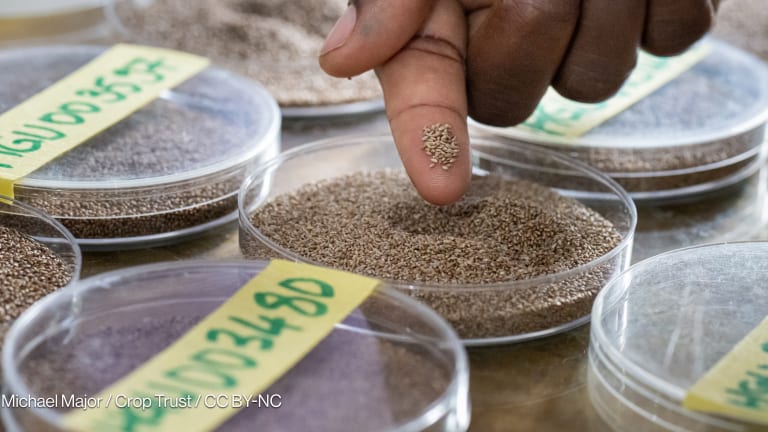Opinion: Solidarity is in the danger zone. Can food innovation help?
As world leaders meet this week at the United Nations to deliberate the future of the planet, they have chosen “Reigniting Global Solidarity” as the theme. This choice of words is timely. As climate catastrophe continues its transition from prediction to reality, this is arguably the most challenging time that humanity has ever faced. Only by acting in solidarity can we turn the tide, with joint investments in innovative solutions key to saving millions of lives — and perhaps none as important as food system transformation.
Solidarity is often discussed but little defined. Now, a brand new report has set out to measure this complex concept for the first time. The Global Solidarity Report, to which we are both contributors, analyzes solidarity according to three drivers: identities (do people everywhere feel solidarity with each other?), institutions (have we built effective mechanisms to cooperate?), and impacts (is our cooperation resulting in progress, or backsliding?).
The results are sobering. The world is in the “danger zone,” with a score of 39 out of 100. We are far from being on track. But there are reasons for hope as well as fear. The world’s public shows far more solidarity than you might expect. Twice as many people agree that hydrocarbons should be left in the ground, than those who disagree. Fully two-thirds say that for issues such as the environment, international bodies should have enforcement powers.
Search for articles
Most Read
- 1
- 2
- 3
- 4
- 5









